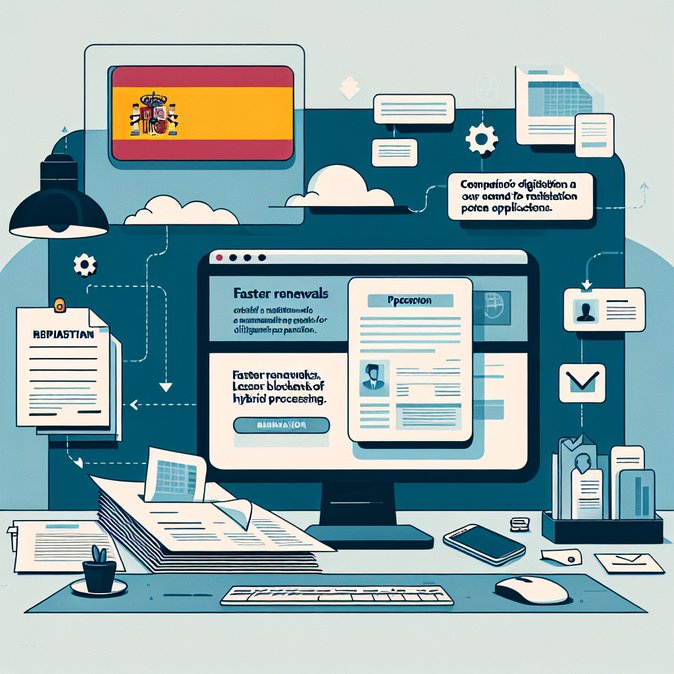
Just hours before the rules took effect, Spain’s Ministry of Inclusion issued an instruction that raises the financial bar for foreign employees who wish to bring their parents as dependants. From 20 November 2025 onward, sponsors must show annual earnings of roughly €14,400 for one parent and €18,000 for two—about 25 % higher than before. The government also demands stronger proof that the parent is financially or medically dependent on the sponsor, including notarised remittance histories and medical reports.
Under the previous regime, applicants had to demonstrate income equal to 150 % of the IPREM (public income index) plus 50 % per additional dependant. The new formula keeps the IPREM peg but bumps the multiplier, reflecting concern that dependent relatives are placing additional strain on public services in a rapidly ageing Spain.
![New Income Thresholds Tighten Spain’s Parent-Reunification Visa Rules]()
For corporate mobility programmes the change is immediate and disruptive. Files submitted on or after 20 November that fail to meet the new thresholds risk outright refusal, potentially derailing relocation packages negotiated months in advance. Several multinationals have already authorised one-off salary top-ups and private-insurance packages so key talent can satisfy the higher bar.
Practitioners recommend a three-step strategy: gather 12 months (not six) of payslips, obtain sworn translations of foreign bank statements, and secure long-term accommodation leases that prove adequate housing for extended family. Processing times, currently three to four months, are unlikely to improve in the short term—so employers should build extra lead time into 2026 assignment calendars.
While the door to family reunification remains open, the message from Madrid is unmistakable: dependants must be financially self-sustaining, or the sponsor must shoulder documented costs. Failure to adapt could result in refusals, appeals and costly project delays.
Under the previous regime, applicants had to demonstrate income equal to 150 % of the IPREM (public income index) plus 50 % per additional dependant. The new formula keeps the IPREM peg but bumps the multiplier, reflecting concern that dependent relatives are placing additional strain on public services in a rapidly ageing Spain.

For corporate mobility programmes the change is immediate and disruptive. Files submitted on or after 20 November that fail to meet the new thresholds risk outright refusal, potentially derailing relocation packages negotiated months in advance. Several multinationals have already authorised one-off salary top-ups and private-insurance packages so key talent can satisfy the higher bar.
Practitioners recommend a three-step strategy: gather 12 months (not six) of payslips, obtain sworn translations of foreign bank statements, and secure long-term accommodation leases that prove adequate housing for extended family. Processing times, currently three to four months, are unlikely to improve in the short term—so employers should build extra lead time into 2026 assignment calendars.
While the door to family reunification remains open, the message from Madrid is unmistakable: dependants must be financially self-sustaining, or the sponsor must shoulder documented costs. Failure to adapt could result in refusals, appeals and costly project delays.


